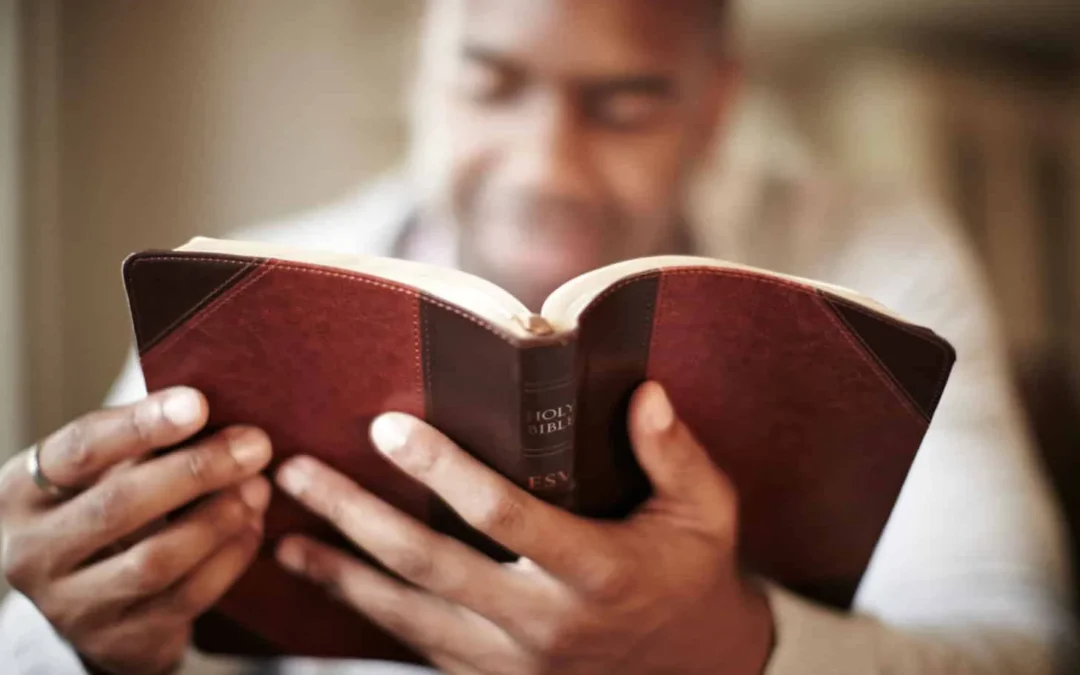In Luke 15:11–32, we read the story of a son who asked his father for his inheritance. The father gave it to him, and the son wasted his inheritance in riotous living. We most often hear about this passage as it relates to the forgiveness the father offers to the prodigal son. Of course, the primary lesson taught from this Scripture is that our heavenly Father eagerly awaits the return of every prodigal child.
We can also consider a question from this parable regarding stewardship, though. Would the parable read differently if the father had realized the possibility that giving something highly valuable that had not been earned would likely affect his son’s value system and lifestyle?
In Emerson’s Essay on Compensation, Ralph Waldo Emerson helps us consider this question by emphasizing that everything carries with it a compensating balance—for hot there is cold, for darkness there is light, for up, down. Emerson cautions readers that receiving something we have not earned carries with it a compensating balance. ¹ Sometimes the cost can be severely negative.
When we think about leaving an inheritance for our loved ones, what, then, can we give that we can be sure will be a blessing?
-
- A strong spiritual heritage
- A wide circle of friendships and experiences
- An honorable and just name
- A good education
- Opportunity for success
We can be confident that each of these gifts will tremendously bless our loved ones; as stewards, we must also decide whether we can give anything more (such as wealth) without inadvertently creating burdens or responsibilities that stifle initiative. Prayerfully consider what you give and to whom so those who receive can be blessed through your gifts. We can confidently come to the Lord with these questions, and James 1:5 tells us, “If you need wisdom, ask our generous God, and he will give it to you” (NLT).
¹ Ralph Waldo Emerson, Emerson’s Essay on Compensation (The University Press of Sewanee Tennessee, 1906), 18–20.




